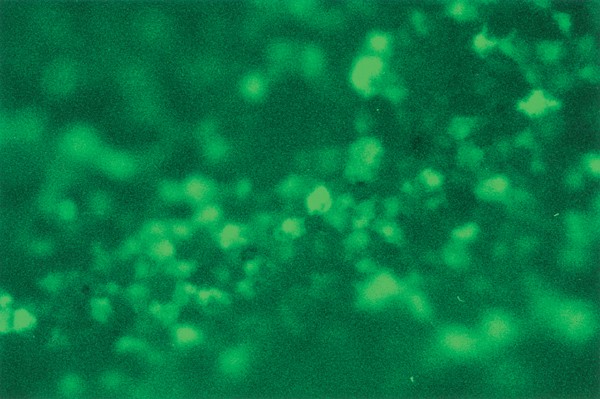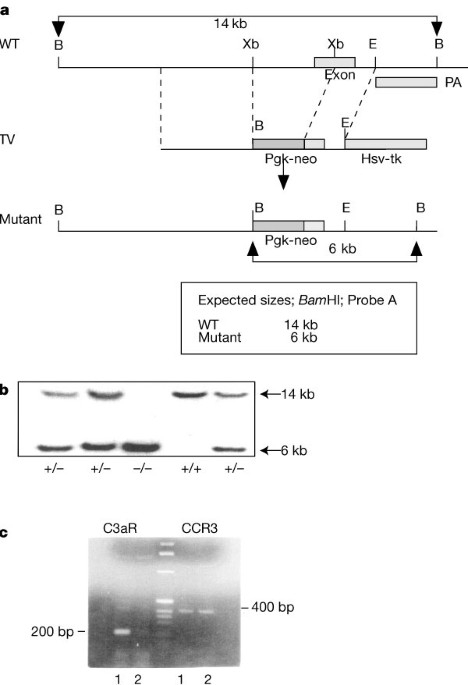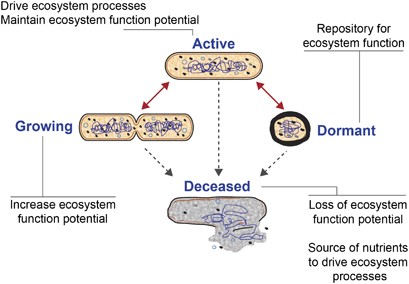- Select a language for the TTS:
- UK English Female
- UK English Male
- US English Female
- US English Male
- Australian Female
- Australian Male
- Language selected: (auto detect) - EN
Play all audios:
It is my honor to serve as the inaugural Editor-in-Chief and to write the first editorial for _npj Mental Health Research_. With an esteemed team of Associate Editors, and leadership staff
at Springer Nature, _npj Mental Health Research_ aspires to be an international public platform for researchers, providers, patients, and policymakers to publish and share their work on
mental health with the world. We are living in both frightening and exciting times. With new emerging problems, there are opportunities for research and innovation. Epidemics, wars and human
conflicts, changing climates, and technological advancements are changing the way we live, work, and play. Science is trying to keep up, but it’s hard and our understanding of human
behavior and mental health is still in nascent stages. There is now more information available at our fingertips than ever before in history, yet there is still so much we do not know about
ourselves. At a micro level, each of us are affected by mental health in our lives and nearly all of us likely know somebody that struggles with mental health. At a macro level, the
productivity and functioning of societies depends on the mental health of its citizens. The important scientific frontier of mental health may be essential to our well-being and survival as
the world around us evolves. With that context, allow me to take this opportunity to elaborate on the aims of _npj Mental Health Research_. The first aim is to publish scientific work on
novel approaches to the conceptualization, assessment, and treatment of mental health and substance use disorders. There is a high and increasing rate of mental health and substance use
problems in many countries that would benefit from improved and innovative ways to identify, engage, and treat these problems. The second aim is to foster interdisciplinary and collaborative
research with diverse experts including unique private-public partnerships. The field of mental health is increasingly becoming interdisciplinary because we need experts from diverse fields
to bring their expertize, methodologies, and technologies to mental health research. The third aim is to highlight studies on new technologies for mental health research and social
determinants of mental health. The 21st century has brought many new technologies that have changed the way we live, work, and play; and there are so many new technologies on the horizon
that will transform human living and human behavior. Together, with these three aims of the Journal, we plan to feature topical and timely articles to inform the mental health field and the
broader public. We understand the need to engage stakeholders in different ways so we will work to have a social media presence to highlight certain articles and develop new engagement and
dissemination methods. We look forward to reaching diverse audiences and invite you to participate in this development. To ensure universal access to our content, _npj Mental Health
Research_ is an open-access journal which means articles in the Journal will be freely accessible to anyone free-of-charge. To make this sustainable, authors who are submitting their work
will be asked to pay a publication fee that hopefully their institutions can support. In conclusion, we welcome your involvement in the Journal. We will be looking for contributors to the
science of mental health. We welcome Research Articles, as well as Comments and Perspective papers. We greatly value Review papers, whether they are systematic review or meta-analyses so we
will particularly appreciate those type of submissions. In addition to submitting your work, we also welcome you to review the work of others. We are always looking for astute Reviewers to
review the manuscripts we receive and are grateful for them to offer their expertize. Peer review is the gold standard of scientific evaluation and it relies on the often-thankless work of
Reviewers but we are very grateful to them. When it comes to mental health research, we all have “skin in the game” to help optimize mental health, maximize human potential, and encourage
human thriving and flourishing. AUTHOR INFORMATION AUTHORS AND AFFILIATIONS * School of Public Health, University of Texas Health Science Center at Houston, Houston, TX, USA Jack Tsai *
Department of Psychiatry, Yale University School of Medicine, New Haven, CT, USA Jack Tsai * National Center on Homelessness among Veterans, U.S. Department of Veterans Affairs, Tampa, FL,
USA Jack Tsai Authors * Jack Tsai View author publications You can also search for this author inPubMed Google Scholar CORRESPONDING AUTHOR Correspondence to Jack Tsai. ETHICS DECLARATIONS
COMPETING INTERESTS Jack Tsai is Editor-in-Chief of _npj Mental Health Research_. ADDITIONAL INFORMATION PUBLISHER’S NOTE Springer Nature remains neutral with regard to jurisdictional claims
in published maps and institutional affiliations. RIGHTS AND PERMISSIONS OPEN ACCESS This article is licensed under a Creative Commons Attribution 4.0 International License, which permits
use, sharing, adaptation, distribution and reproduction in any medium or format, as long as you give appropriate credit to the original author(s) and the source, provide a link to the
Creative Commons license, and indicate if changes were made. The images or other third party material in this article are included in the article’s Creative Commons license, unless indicated
otherwise in a credit line to the material. If material is not included in the article’s Creative Commons license and your intended use is not permitted by statutory regulation or exceeds
the permitted use, you will need to obtain permission directly from the copyright holder. To view a copy of this license, visit http://creativecommons.org/licenses/by/4.0/. Reprints and
permissions ABOUT THIS ARTICLE CITE THIS ARTICLE Tsai, J. We all have “skin in the game” in mental health research: Inaugural editorial. _npj Mental Health Res_ 1, 2 (2022).
https://doi.org/10.1038/s44184-022-00003-w Download citation * Received: 13 April 2022 * Accepted: 20 April 2022 * Published: 25 May 2022 * DOI: https://doi.org/10.1038/s44184-022-00003-w
SHARE THIS ARTICLE Anyone you share the following link with will be able to read this content: Get shareable link Sorry, a shareable link is not currently available for this article. Copy to
clipboard Provided by the Springer Nature SharedIt content-sharing initiative







